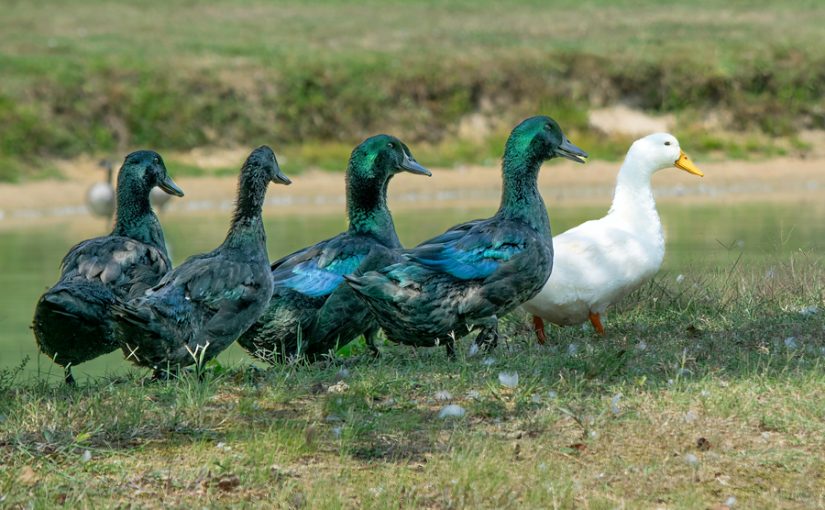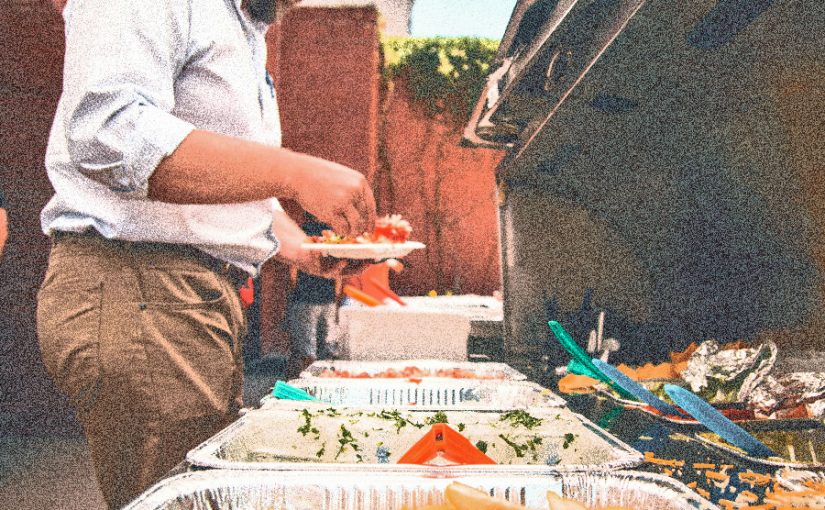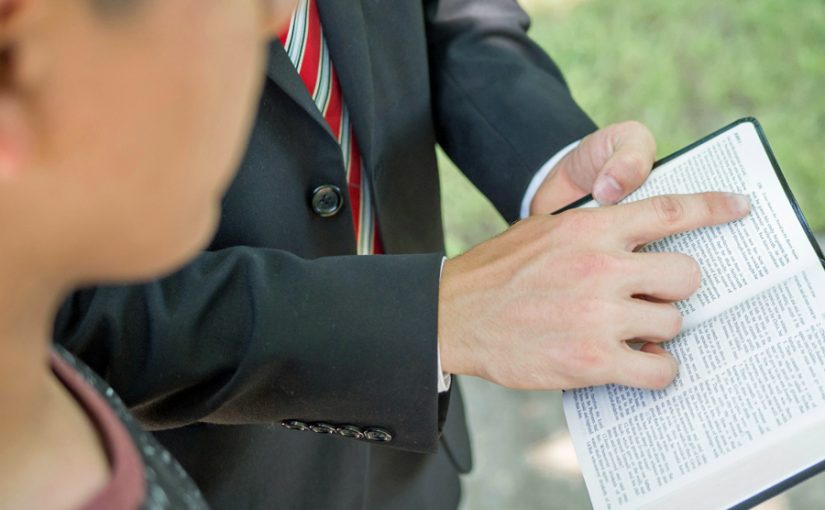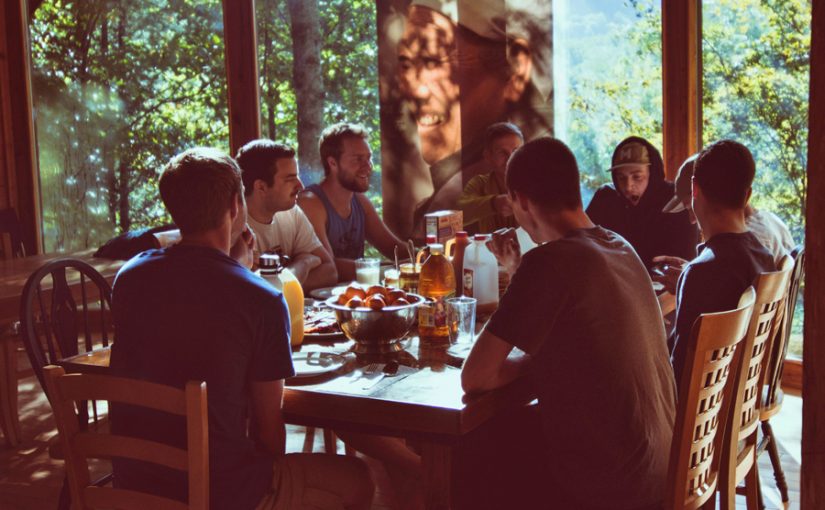A homily for the Twenty-Second Sunday in Ordinary Time, September 1, 2024
Dt 4:1-2, 6-8, Jas 1:17-18, 21b-22, 27, Mk 7:1-8, 14-15, 21-23
The Sisters of St. Francis from the Glen Riddle, PA, mother house who taught us at St. Leo the Great School in the 1960s were an enlightened bunch. They clarified the difference between nationalism and patriotism, framing the former as potentially sinful. They instructed us in single-gender classes about sex and love and how both are gifts from God, with only minimal blushing. (Yes, I know the joke.)
And they believed in buy-in. They knew that people older than 3 deserved to know “why” for them to follow rules. So the sisters took the time to explain, for example, why we were forbidden to talk during a fire drill (the person in front of us might turn around to listen, might trip, and then everyone would tumble over them, disastrously).
Rules, we learned, were for our well-being. Even the annoying ones … which weren’t as annoying once we understood the “why” they were built on.









